Vladimir Putin is one of the most influential and powerful leaders in the world. As the President of Russia, he has been in power for over two decades, making him a household name. In this blog post, we will explore the top 10 interesting facts about Vladimir Putin as of 2024.
1. Vladimir Putin was born on October 7, 1952, in Leningrad, Soviet Union
Vladimir Putin was born on October 7, 1952, in Leningrad, Soviet Union, to a family of modest means. His father was a conscript in the Soviet Navy, and his mother was a factory worker. Putin’s early life was marked by a strong sense of patriotism and a desire to serve his country. He grew up in a time of great change and upheaval, with the Soviet Union facing numerous challenges and crises. Despite these difficulties, Putin’s family remained committed to their values and traditions, and this sense of stability and security had a profound impact on Putin’s worldview and future decisions.
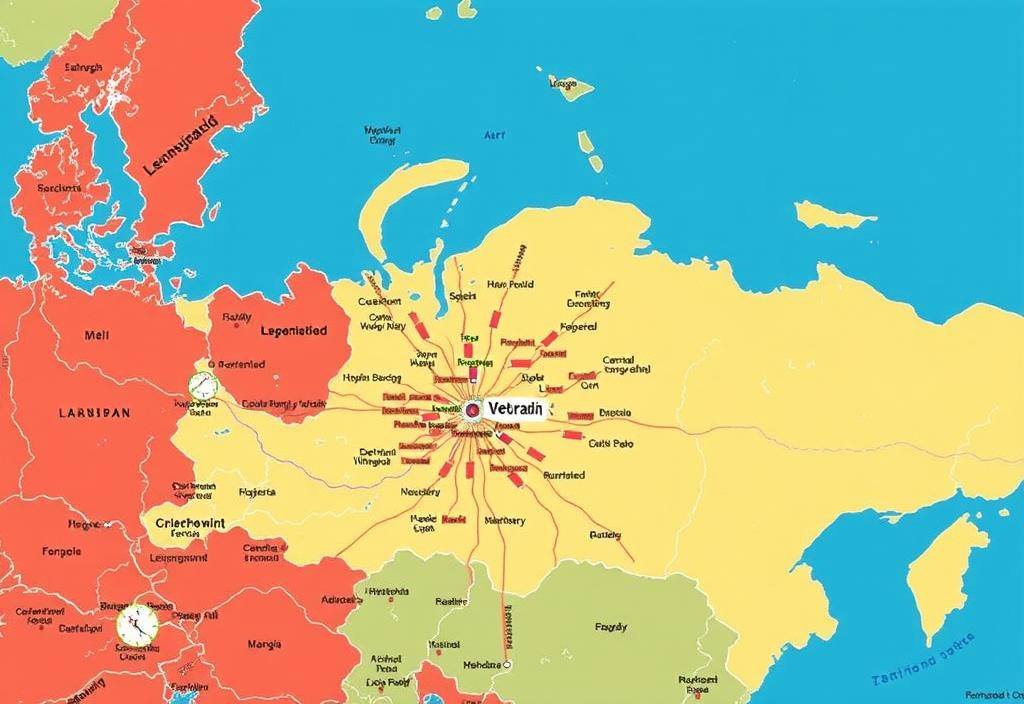
2. Putin studied law at Leningrad State University
After completing his secondary education, Putin studied law at Leningrad State University, where he graduated in 1975. During his time at university, Putin was a member of the Komsomol, the youth wing of the Communist Party of the Soviet Union. This experience had a profound impact on Putin’s worldview and future career, as he became increasingly involved in politics and began to develop his skills as a leader. Putin’s studies at university also laid the foundation for his future success, as he developed a strong understanding of the law and a keen analytical mind.
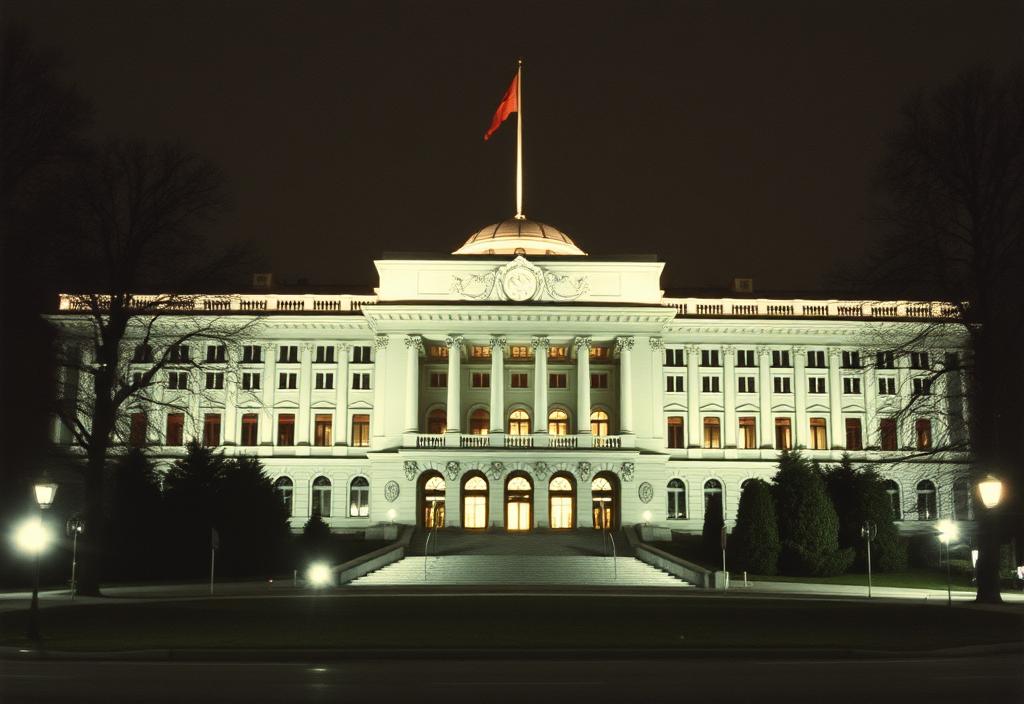
3. Putin worked as a KGB agent in East Germany
After graduating from university, Putin worked as a KGB agent in East Germany, where he was stationed from 1985 to 1990. During his time in East Germany, Putin was responsible for monitoring and reporting on the activities of Western spies. This experience had a profound impact on Putin’s future career, as he developed a strong understanding of the intelligence community and a keen sense of how to navigate complex international relationships. Putin’s time in East Germany also laid the foundation for his future success, as he developed a strong network of contacts and relationships that would serve him well in the years to come.
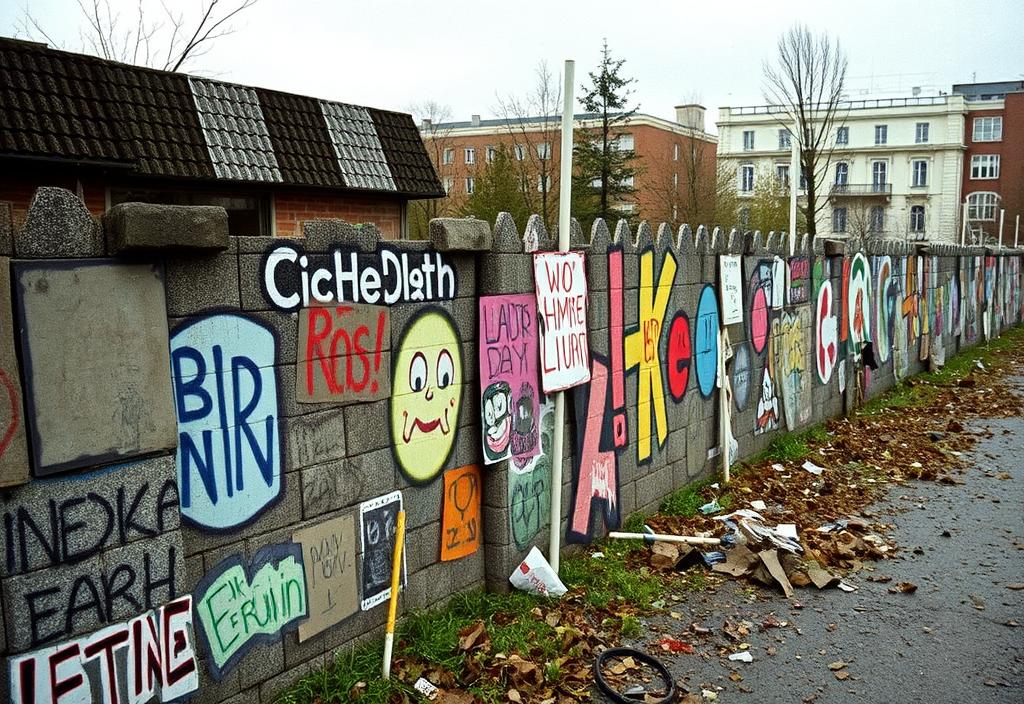
4. Putin became the President of Russia in 2000
In 2000, Putin was elected as the President of Russia, a position he held until 2008. During his time as President, Putin implemented a number of policies aimed at strengthening the Russian economy and increasing the country’s global influence. Putin’s presidency was marked by a number of significant achievements, including the annexation of Crimea and the introduction of a new constitution. However, Putin’s time in office was also marked by controversy and criticism, as he faced challenges from opposition groups and human rights organizations.
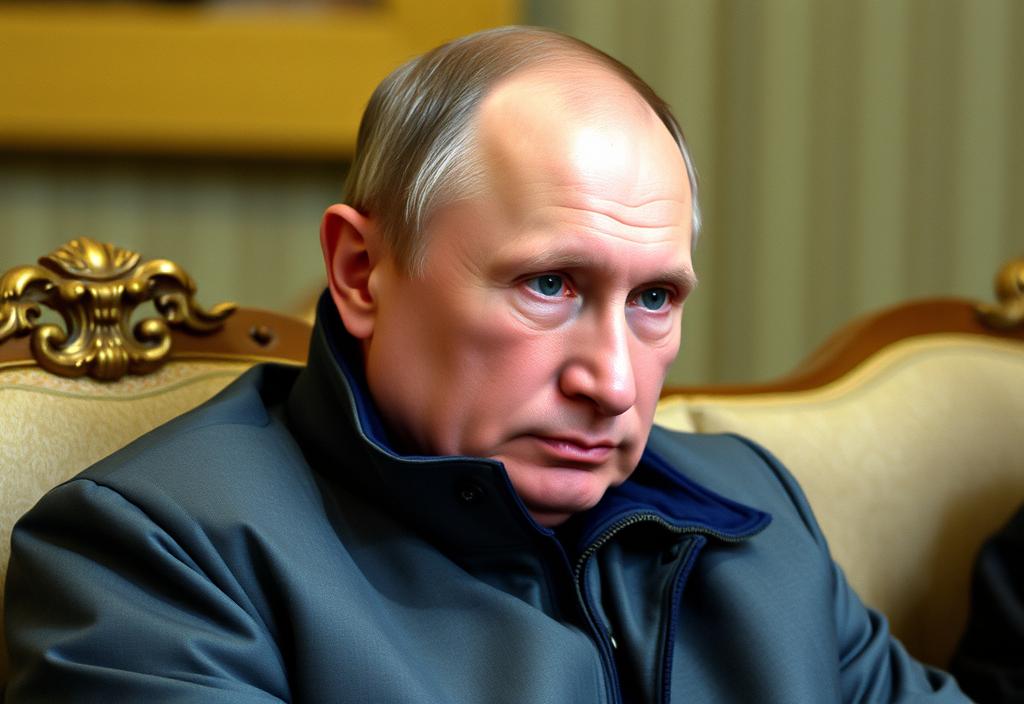
5. Putin annexed Crimea in 2014
In 2014, Putin annexed Crimea, a peninsula in southern Ukraine, in a move that was widely condemned by the international community. The annexation of Crimea was seen as a major escalation of the conflict in Ukraine and had significant implications for the global balance of power. Putin’s decision to annex Crimea was motivated by a desire to protect the interests of ethnic Russians living in Ukraine and to assert Russia’s influence in the region. However, the annexation of Crimea also had significant costs, including economic sanctions and diplomatic isolation.
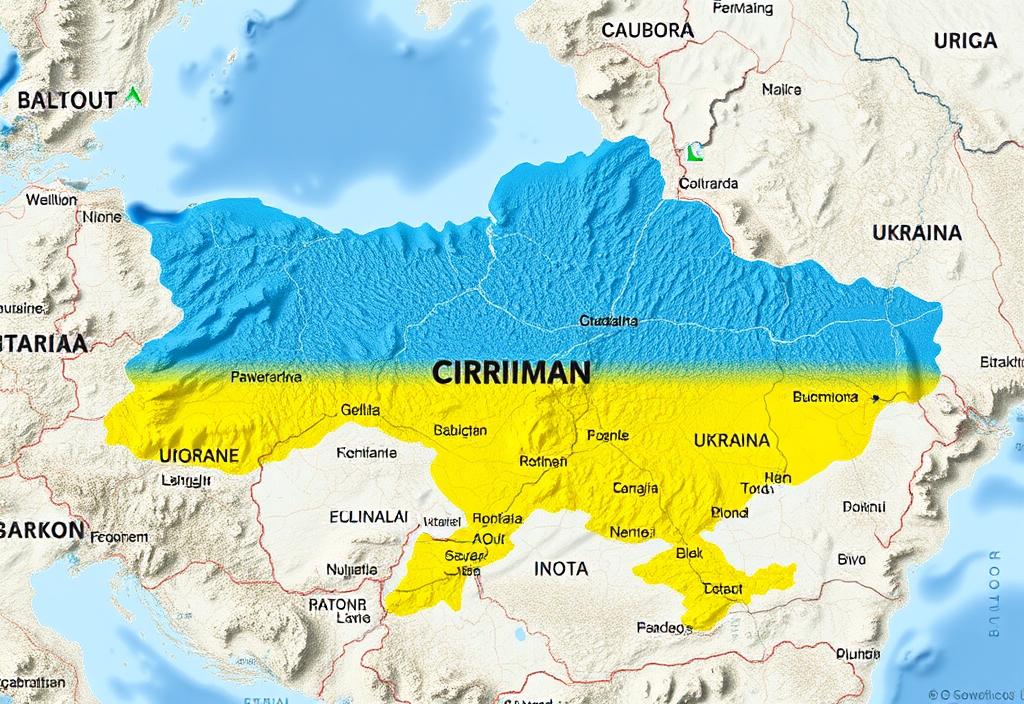
6. Putin has been accused of human rights abuses
Putin has been accused of human rights abuses, including the suppression of dissent and the persecution of minority groups. Human rights organizations have criticized Putin’s government for its treatment of prisoners, including the use of torture and forced labor. Putin’s government has also been accused of human rights abuses in the context of the Syrian civil war, where Russia has provided military support to the government of Bashar al-Assad. The human rights situation in Syria has been marked by widespread violence and repression, with thousands of civilians killed or displaced.
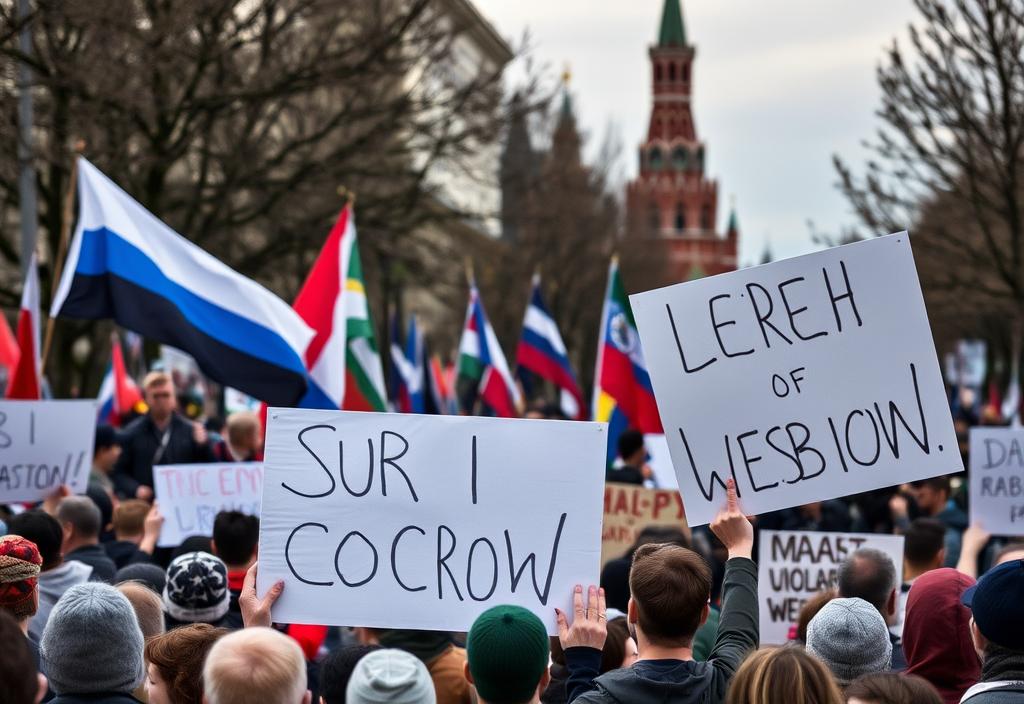
7. Putin has a close relationship with China’s Xi Jinping
Putin has a close relationship with China’s Xi Jinping, with whom he has worked closely on a number of issues, including trade and security. The two leaders have met on numerous occasions and have spoken publicly about the importance of their bilateral relationship. Putin and Xi Jinping have also cooperated on a number of international issues, including the Syrian civil war and the Korean Peninsula. Their relationship has been marked by a sense of mutual respect and trust, with both leaders recognizing the importance of their partnership in the context of global geopolitics.
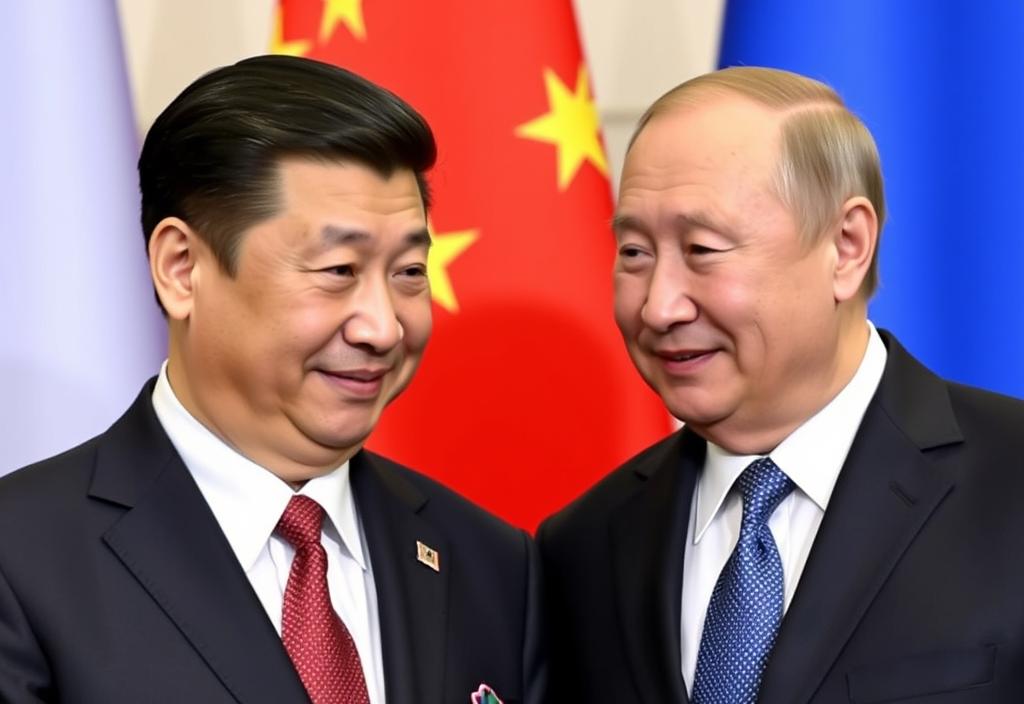
8. Putin has been a key player in the Syrian civil war
Putin has been a key player in the Syrian civil war, providing military support to the government of Bashar al-Assad. Putin’s intervention in Syria has been widely criticized by human rights organizations, who have accused him of supporting a regime responsible for war crimes. However, Putin has argued that his intervention in Syria is necessary to prevent the spread of terrorism and to protect the interests of Russia and its allies. Putin’s military campaign in Syria has had significant consequences, including the displacement of thousands of civilians and the destruction of large swaths of infrastructure.
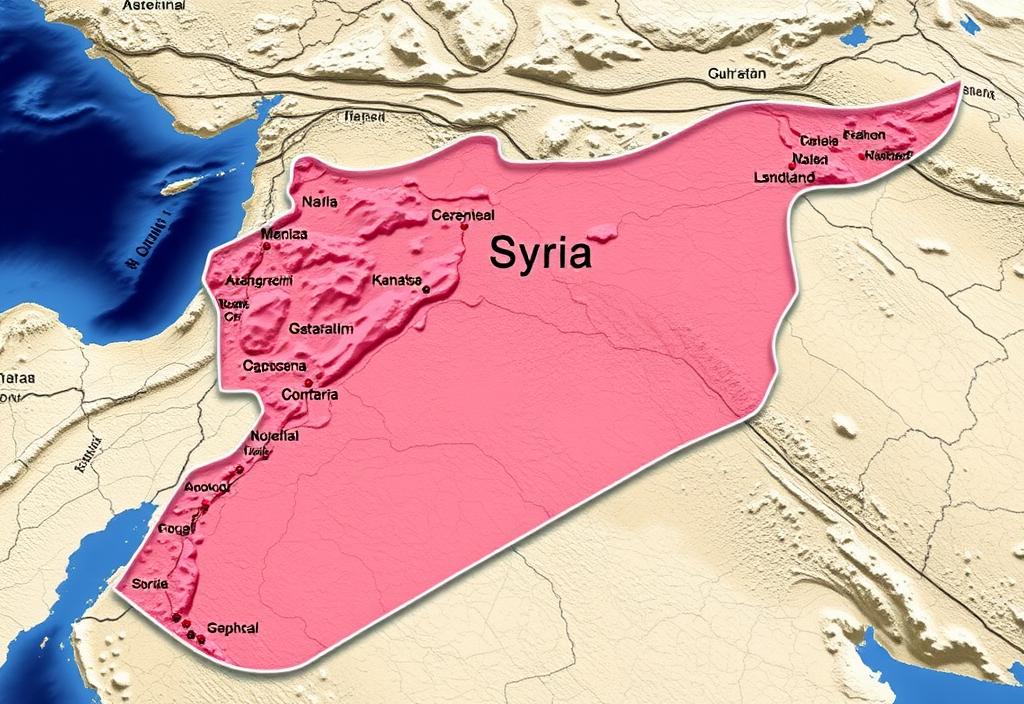
9. Putin has a strong personality cult
Putin has a strong personality cult, with many Russians viewing him as a strong and effective leader. Putin’s popularity has been fueled by his efforts to restore Russia’s global influence and his commitment to traditional values. However, Putin’s personality cult has also been criticized for its authoritarian and nationalist tendencies, with many Russians expressing concerns about the erosion of democratic freedoms and the suppression of dissent. Putin’s personality cult has also been marked by a sense of mystique and intrigue, with many Russians viewing him as a charismatic and enigmatic figure.
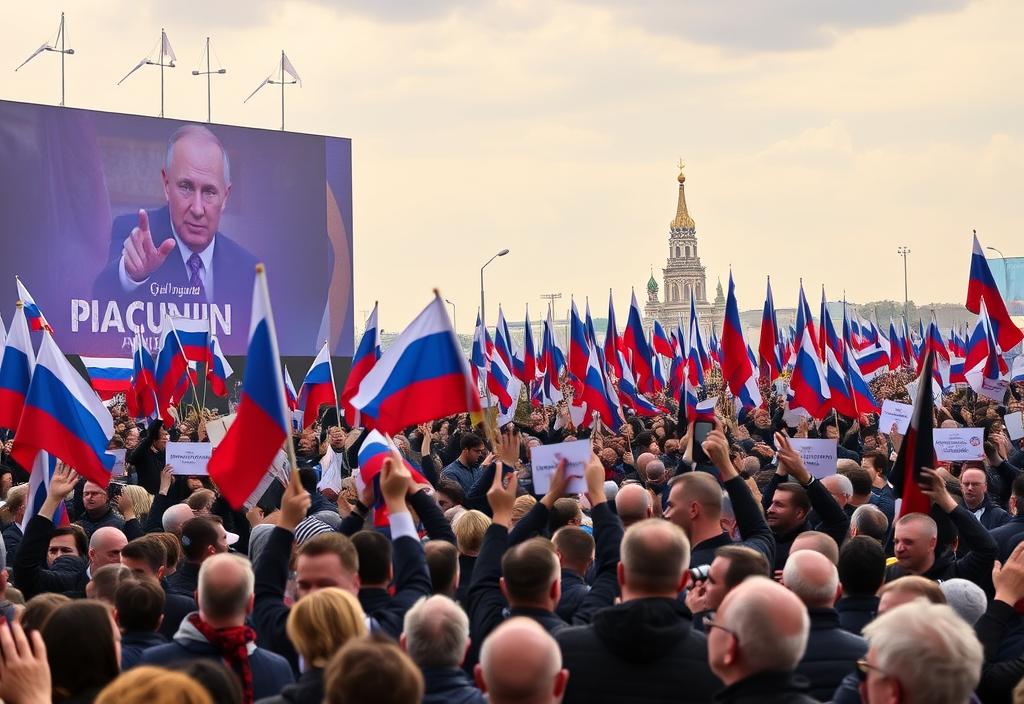
10. Putin’s future is uncertain
Putin’s future is uncertain, with many speculating about his intentions and the implications of his continued rule. As of 2024, Putin remains the President of Russia, but his term is set to expire in 2025, raising questions about what will happen next. Putin has hinted at the possibility of running for re-election, but his future is far from certain. The Russian political landscape is complex and fluid, with many different factions and interest groups vying for power and influence. Putin’s future will be shaped by a variety of factors, including his own ambitions and desires, as well as the broader geopolitical context.
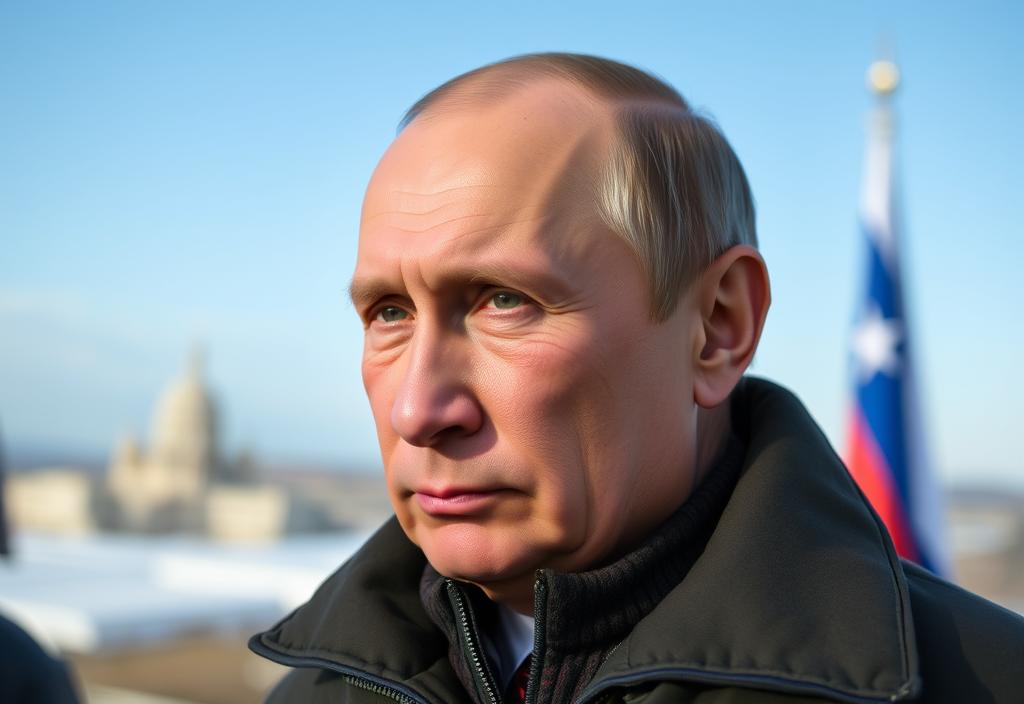
In conclusion, Vladimir Putin is a complex and multifaceted figure, with a long and storied career as a leader. From his early days as a KGB agent to his current role as President of Russia, Putin has been a key player on the world stage. As of 2024, Putin remains a dominant force in international politics, and his future will continue to shape the course of global events.
